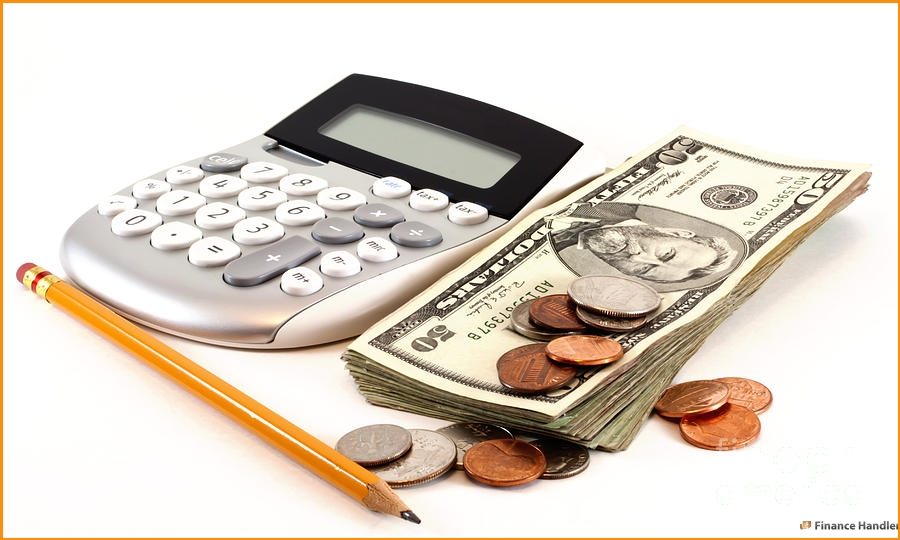How to budget and properly use your money is something that is not taught in school. This is something that many parents forget to teach their children, even though learning how to budget, is one of the most important skills you could have. This article will give you some tips on how to get started.
Keep an emergencey supply of money on hand to be better prepared for personal finance disasters. At some point, everyone is going to run into trouble. Whether it is an unexpected illness, or a natural disaster, or something else that is terrible. The best we can do is plan for them by having some extra money set aside for these types of emergencies.
Every time you get a raise, set aside at least half of the new, after-tax increase for saving more each month. You will still enjoy a higher income and will never miss the extra money which you were never used to spending. It is even better if you set up your paycheck or checking account to transfer the money to savings automatically.
File important financial documents where you can find them quickly when needed. This includes loan and mortgage documents, tax returns, insurance policies, and bank statements. It is stressful enough to suddenly need one of these documents without the added anxiety of not knowing where to find it. To be extra safe, keep copies of essential papers in another location, such as a safe deposit box.
If you are engaged to be married, consider protecting your finances and your credit with a prenup. Prenuptial agreements settle property disputes in advance, should your happily-ever-after not go so well. If you have older children from a previous marriage, a prenuptial agreement can also help confirm their right to your assets.
When you have to go to the store, try to walk or ride your bike there. It’ll save you money two fold. You won’t have to pay high gas prices to keep refilling your car, for one. Also, while you’re at the store, you’ll know you have to carry whatever you buy home and it’ll keep you from buying things you don’t need.
If your employer offers a match to your 401K, make sure you’re contributing at least the amount they match. When an employer offers to match your funds, they are essentially giving you free money. The money you contribute will help you reach retirement goals and is tax free. It’s a win-win situation, all around.
Always make your credit card payments on time. If you do not you are sure to be deemed a credit risk; your credit score will go down; and your interest rates will go up. Make at least the minimum payment on time so that late payments do not get applied to your credit report.
Hopefully, you have learned a few ways that you can take better care of your personal finances and how to budget better. If you know the right way to take care of your money, you will be very thankful later on in life, when you can retire and still have money in the bank.


